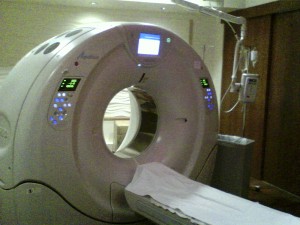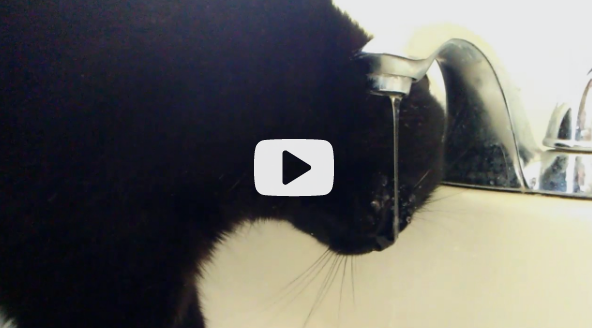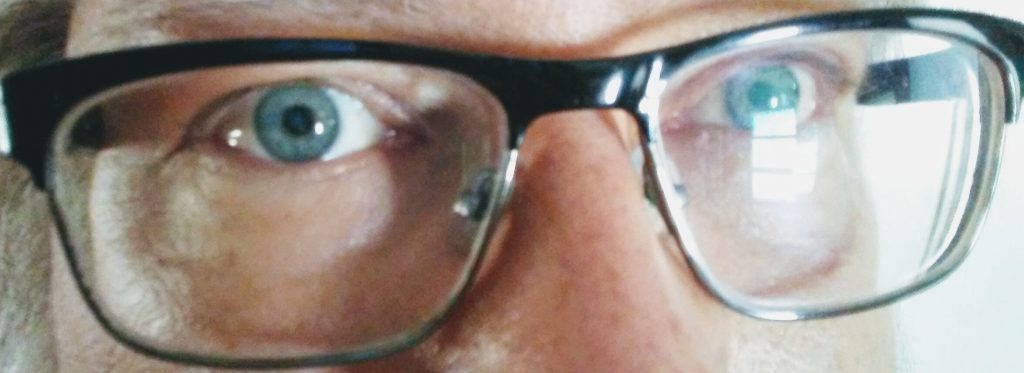Why is Critical Thinking important?
Arguably, we live in a time when it has become increasingly important to carefully parse data, even, as it turns out, in casual conversation and friendly communication. The rampant spread of misinformation in the Age of Social Media is nothing new. Conspiracy Theorists and intentional hoaxsters have been an ever-more-apparent online presence since the rise of newsgroups. Even in those near-forgotten days of Lost History prior to our every moment getting logged for “posterity” in the cloud, we had plenty of access to active (and more easily identifiable) paper sources of deliberate misdirection ranging in credulity from The Weekly World News to The National Inquirer — publications finding a non-ironic insurgency in recent years as their online brethren like NaturalNews, InfoWars, and WorldNewsDaily have added to the fodder for the less-Luddite paranoid contingent.
For the sake of reason, it is essential for all of us to adhere to certain standards of Critical Thinking. Just for purposes of general, civil communication, we should all want a basic, coherent understanding of the facts of our world. Philosophical differences aside, it should be a simple task to understand the foundations of science and recognize pseudo-scientific rhetoric as what it is; it should be easy enough to discount rigorously anti-intellectual arguments and logical fallacies
Lately, I have written a few posts on critical thinking and promised an interview on the topic. Although I recorded this some weeks back, I have finally delivered on the promise to upload it.
Click here to listen to The Deep Breath podcast.
Logical Fallacies, the Enemy of Critical Thought
Following are a few fun pages that list logical fallacies. They present them differently, so it is worth visiting a few of the sites to get a feel for how they lay them out or categorize them, but generally speaking, they cover a lot of the same ground. Enjoy the journey!
Master List of Logical Fallacies
Drake’s List of the Most Common Logical Fallacies
Wikipedia List of Logical Fallacies
http://www.theskepticsguide.org/resources/logical-fallacies
If this post resonates with you, please consider supporting my work through a monthly subscription to my feed on Patreon, or a one-time donation through PayPal. Follow me on Twitter, Facebook, Tumbler and many other fancy social sites or apps. Please share my posts to groups you are involved with on Reddit or Google+ or anywhere else that you feel it will help or enlighten or inspire another reader. (Sharing buttons are below the post!)
Thank you!







